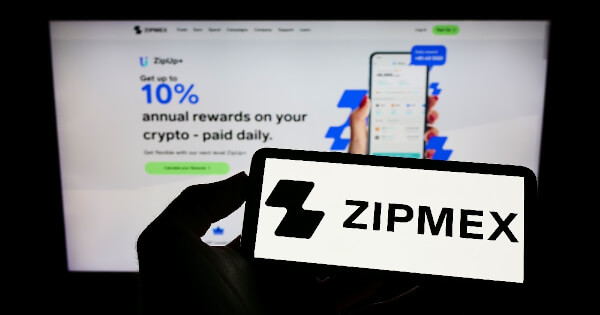According to recent reports, the Singapore-based cryptocurrency exchange known as Zipmex has failed to make a payment totaling $1.25 million as required by the terms of its buyout agreement with V Venture. V Venture is a venture capital firm that is owned by the Thai shipping company known as Thoresen Thai Agencies. Zipmex warned V Venture in a letter that if the money was not received, it was possible that the company would have to begin the process of liquidating its Zipmex Technologies segment and halt wages. The activities in Thailand, Singapore, Indonesia, and Australia will be impacted as a result of this.
This is the fourth time that V Venture has failed to make a payment, and the delay may result in an inquiry being launched by the Thai Securities and Exchange Commission. When an agreement with Coinbase to acquire it fell through in July 2022, Zipmex temporarily halted the processing of withdrawal requests. Due to the exchange’s exposure to Babel Finance, which purportedly owed Zipmex $48 million and froze withdrawals in June, the exchange was having problems maintaining enough liquidity. Moreover, Zipmex has an exposure to Celsius of 5 million dollars.
In August of 2022, Zipmex was given protection from its creditors for a period of three months. But, since V Venture did not make their payment on time, the exchange may be forced to take extreme actions in order to maintain their financial stability. According to CoinMarketCap, the Zipmex token has dropped from its all-time high of $0.1029 on March 23 to its current price of $0.057 at the time of this writing. The Zipmex token is listed on multiple cryptocurrency exchanges, some of which include Binance and BitForex.
The last year has been a difficult one for Zipmex, with many unsuccessful takeover bids, problems with cash, and the need for creditor protection. The failure to make a payment by V Venture may prove to be the death knell for the faltering exchange, which may be forced to sell off one of its components in order to continue operating. The failure to make timely payments can potentially result in an inquiry by regulatory authorities, which would further compound the exchange’s problems.



